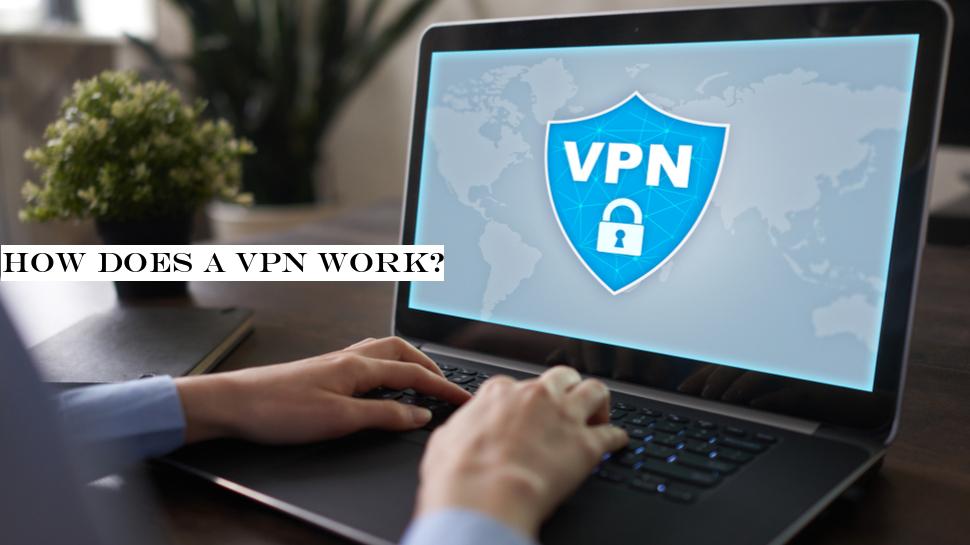
In simple terms, a VPN (or Virtual Private Network) offers a secure way to connect to the internet, encrypting the data you send over the connection to protect it, while also giving you better levels of privacy online.VPN technology has been around for years, but there has been a spike in interest over the last few months.
This has been fuelled by various factors, including increased concerns about governments monitoring online activities, ISPs potentially reselling user data, and of course those ever-present hackers looking to intercept data for nefarious deeds.So its not surprising that many people are turning to a VPN to defend themselves from these looming dangers.
An understanding of how a VPN works will assist users in deciding if and when to use this technology, the types of threats it can protect them from, and any limitations therein.(Image credit: Shutterstock)There are two basic types of VPN: corporate and consumer.
Corporate VPN, also known as remote access VPN, is a method to allow an off-campus employee to connect to the private corporate intranet in a secure fashion while offsite.
Security is maintained via a password, and in some cases via a security token or smartphone app that generates one-time passwords.There are two essential pieces of a corporate VPN.
The first is the remote access server (RAS), also called the network access server (NAS, but this term gets confusing as NAS is also an acronym for network attached storage), which is the server that a user connects with over the internet to access the corporate network.
The second component is the VPN client software, which establishes the connection to the RAS, and ensures privacy through the encryption process.This technology is useful for offsite workers, or workers on the road who still require access to resources on the private internal network of the business.
After the remote worker is authenticated, they are connected to the corporate intranet via an encrypted tunnel; in other words, a private connection gets established over the public internet.
Corporate VPN has enabled remote workers to collaborate with their colleagues using services such as desktop sharing.For larger businesses with multiple campus locations, and in turn multiple LANs, an even more robust solution is required.
This is site-to-site VPN, which facilitates employees at multiple locations sharing corporate resources by securely connecting geographically separate campuses together.DGQBLcJsxmMnguBxHopBRV.jpg?#

 15
15







